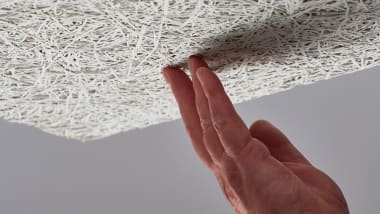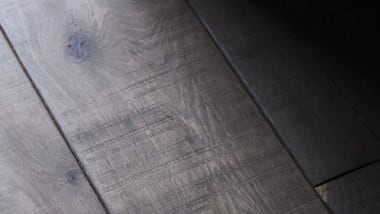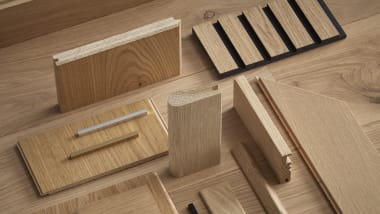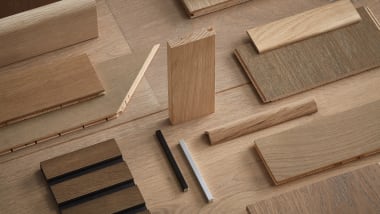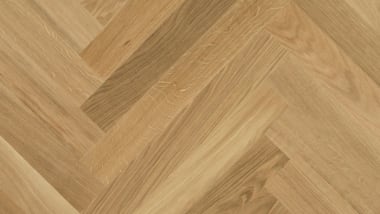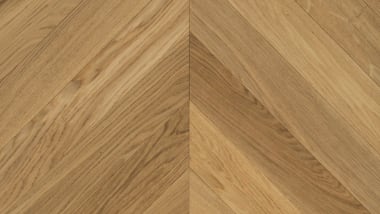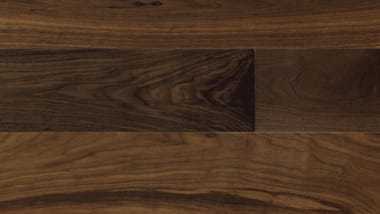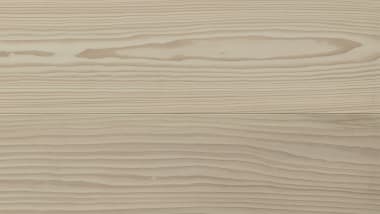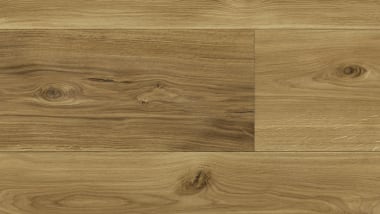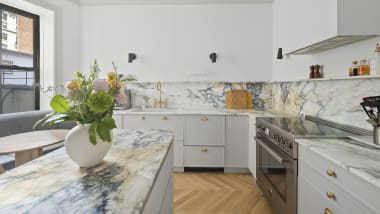Bamboo or Engineered Hardwood? A Homeowner’s Guide to Making the Right Choice
5 Jun 2025
Choosing the right flooring can transform a house into a home. It’s not just about aesthetics—it’s about durability, sustainability, maintenance, and value. For many homeowners today, the debate often boils down to one key comparison: engineered hardwood or bamboo. While both offer beautiful, nature-inspired looks, they serve different needs. In this guide, we’ll break down the differences, pros, and considerations of each to help you make a confident, informed decision for your space.
Understanding the Materials
Engineered hardwood is composed of a real wood veneer layer on top of multiple layers of plywood or high-density fiberboard. This construction enhances stability and reduces the likelihood of expansion or contraction caused by humidity or temperature changes. Havwoods' engineered hardwood products, like those from the Venture Plank collection, showcase the beauty of European Oak with advanced multi-layered construction that’s ideal for a wide range of interiors.
Bamboo flooring is derived from the fast-growing bamboo plant. While not technically hardwood, it is processed into planks through heating, compression, and lamination. The result is a wood-like product that boasts eco-friendly benefits and a contemporary look.
Comparing Engineered Hardwood and Bamboo
Durability and Stability
Engineered hardwood stands out for its exceptional durability and structural integrity. With its cross-ply construction, it resists expansion and contraction caused by moisture or temperature changes. This makes it an excellent choice for areas like basements, kitchens, and homes with underfloor heating. Many Havwoods engineered products include a 4mm wear layer, allowing for multiple sandings over their lifespan.
Bamboo, especially in its strand-woven form, is incredibly dense and often harder than traditional hardwoods. However, its performance can vary significantly depending on manufacturing quality. Without a high-grade finish, bamboo is more susceptible to surface scratches and wear, making it less reliable in high-traffic or high-humidity environments.
Environmental Impact
Bamboo flooring is often praised for its sustainability. The bamboo plant grows rapidly, up to 36 inches a day, and can be harvested without replanting. This makes it a renewable and eco-conscious material. For homeowners focused on environmental responsibility, this regenerative quality is appealing.
That said, engineered hardwood can also be a sustainable choice when sourced responsibly. Companies like Havwoods use FSC®-certified wood and prioritize sustainable forestry practices. While oak and other hardwoods grow more slowly than bamboo, engineered construction maximizes material efficiency by using less solid wood without sacrificing performance.
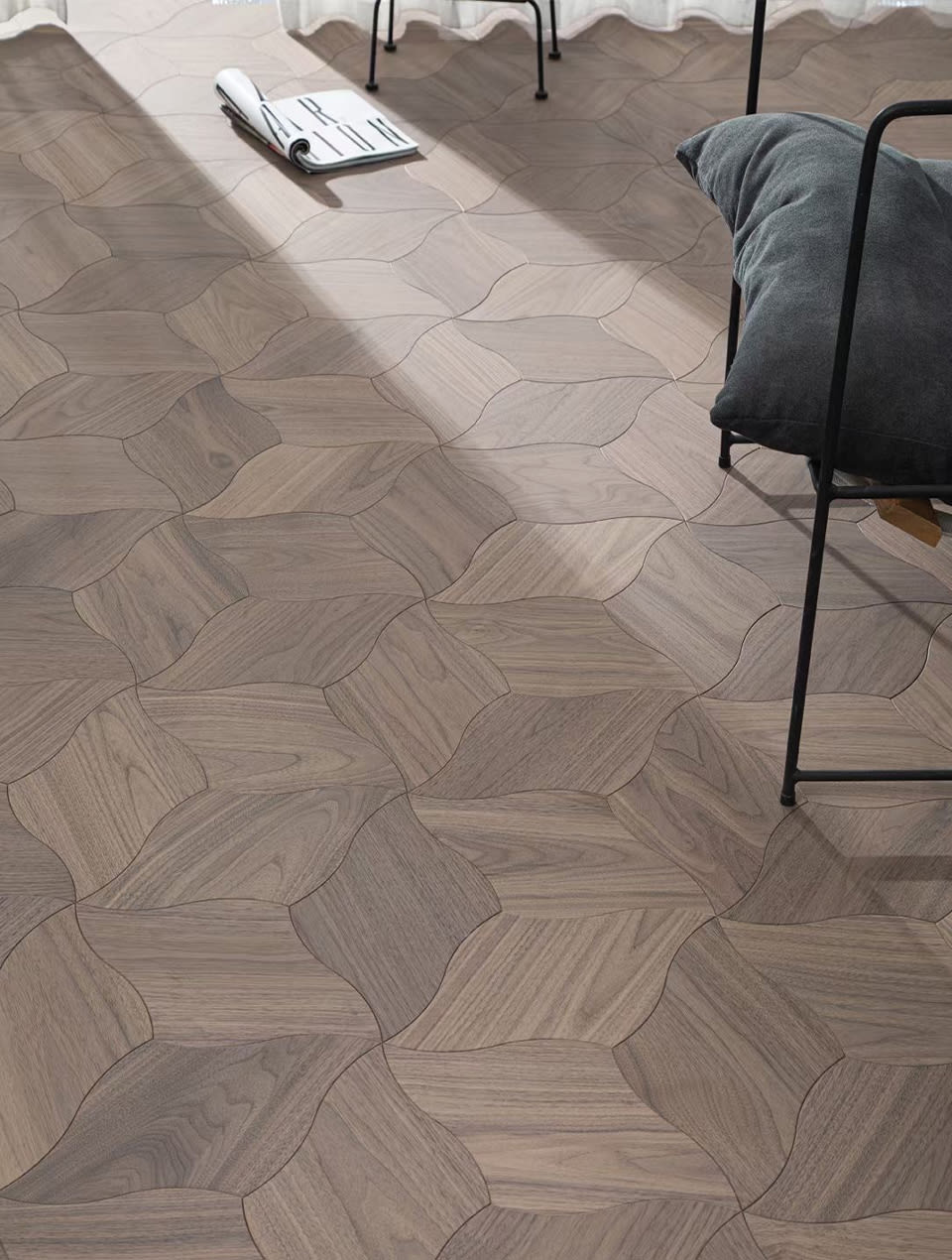
Design Flexibility
When it comes to design, engineered hardwood offers superior aesthetic versatility. Havwoods collections span a wide range of tones, finishes, and patterns, from the honey warmth of Cedro Character to the cool platinum tones of Blanco 13. Homeowners can choose from wide planks, herringbone, chevron, and even custom parquet styles to achieve a unique and elegant interior.
Bamboo, by comparison, typically presents a more uniform appearance. Its linear grain and limited finish options suit modern or minimalist interiors but don’t provide the depth, texture, or variation that real hardwood can offer. If visual character and design customization are priorities, engineered hardwood provides a richer palette.
Installation and Maintenance
Engineered hardwood offers flexible installation options, including floating, glue-down, and nail-down methods, depending on your subfloor. It’s also easy to maintain, especially with finishes like UV oil or matt lacquer that resist wear and enhance durability. Regular sweeping and light mopping are typically all that’s needed to keep the floors in great condition.
Bamboo flooring is installed in much the same way, but it requires more care. If not properly sealed, it is vulnerable to moisture and can warp or stain. It is also more prone to scratches without a high-quality finish. This makes engineered hardwood a better option for families or homes with pets where ease of maintenance is essential.
Cost and Long-Term Value
Bamboo is often more affordable than engineered hardwood, making it an attractive option for cost-conscious projects. However, the lower price can be misleading. Inexpensive bamboo may compromise on durability, leading to replacement or refinishing expenses down the line.
Engineered hardwood has a higher initial cost but delivers long-term value. Its construction and finishes ensure decades of beauty and performance, making it a wise investment for homeowners looking to enhance property value. For resale, engineered hardwood is consistently viewed as a premium feature that adds market appeal.

Real-World Applications: What Customers Are Choosing
Across homes featured on Havwoods’ platforms, engineered hardwood tends to be the flooring of choice for luxury and mid-range residential spaces. Collections like Blanco and Amazon are popular among those looking to design seamless, open-plan interiors with high-end appeal. These products offer the dual benefit of sophisticated aesthetics and functional reliability, making them well-suited for family homes, contemporary lofts, and even commercial applications. Customers consistently praise the performance of engineered wood in spaces that see heavy use while maintaining visual continuity across rooms.
Making the Right Choice for Your Home
If you’re seeking a flooring solution that showcases authentic wood grain, can withstand moisture and temperature fluctuations, and complements a wide range of design styles, engineered hardwood is a smart and stylish choice. It’s especially suitable for areas like kitchens, basements, or any room with underfloor heating. Additionally, it adds considerable value to your home and can be refinished over time to maintain its beauty.
Bamboo, however, can be an excellent fit for homeowners who prioritize sustainability and want to make a lower-impact environmental choice. It’s ideal for spaces that don’t experience heavy wear and where a modern, uniform look is desired. If you live in a dry climate or want to furnish a guest room or home office, bamboo can deliver the clean look you’re after without stretching your budget.
Ultimately, your decision should align with your lifestyle, design preferences, and long-term goals. Whether you're curating a minimalist retreat or crafting a warm, multi-room space filled with natural textures, both flooring types have their place. However, if longevity, variety, and luxury are what you're after, engineered hardwood—especially from a trusted name like Havwoods—remains the superior choice.



